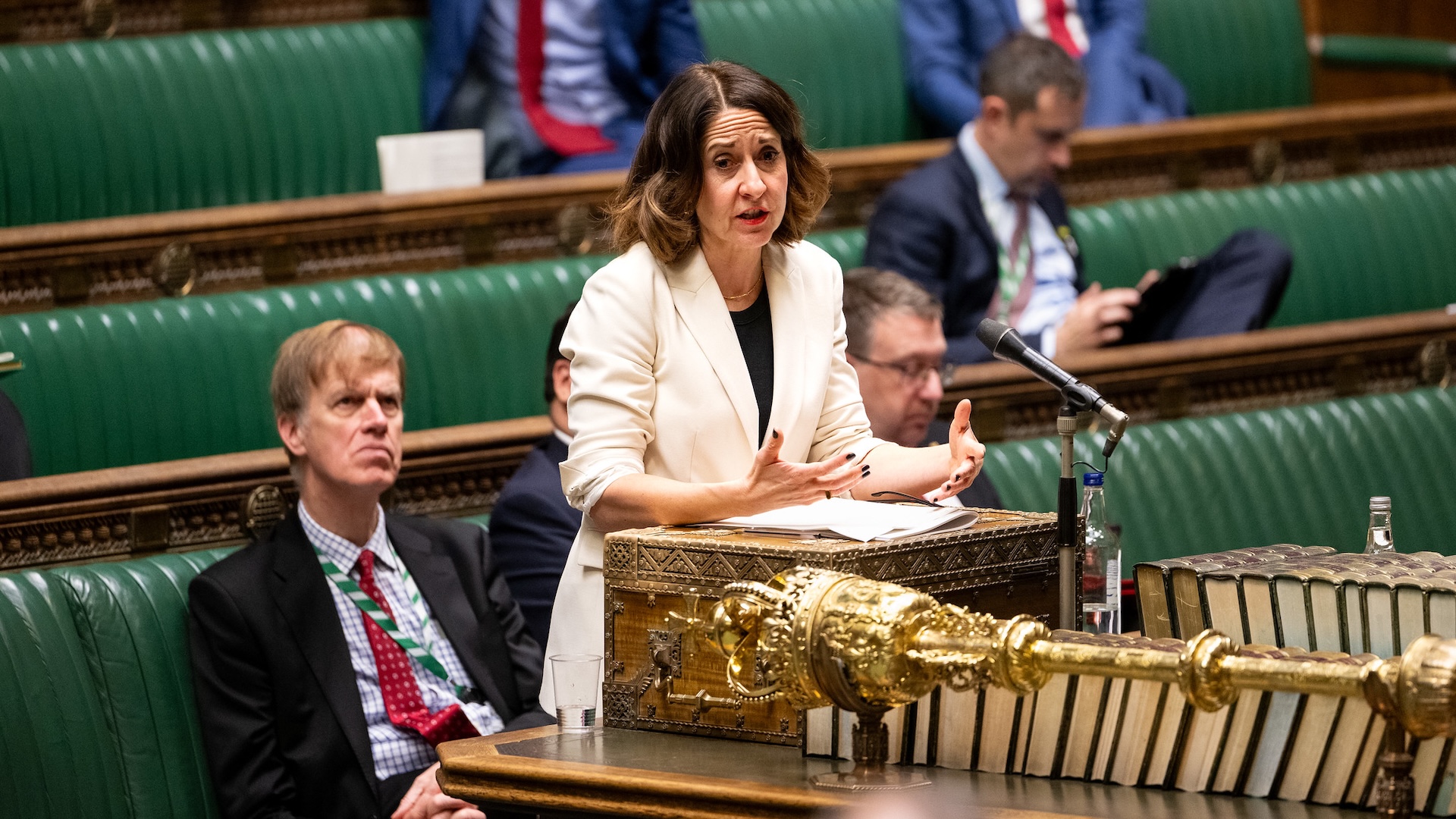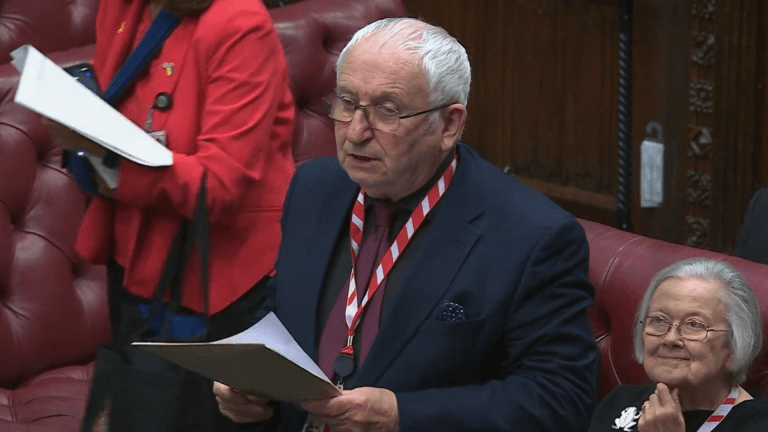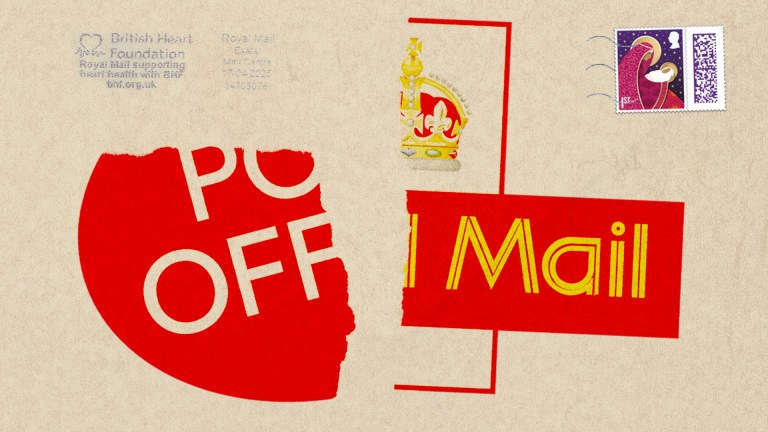Kendall described these changes as redressing the “imbalance” in the existing system.
“The Tories ran down the value of the universal credit standard allowance. As a result, the health top-up is now worth double the standard allowance at more than £400 a month,” she told Parliament.
“So we’re left with a binary assessment of can or can’t work, and a clear financial incentive to define yourself as incapable of work.”
The standard UC allowance will increase from April 2026. A single person aged 25 and over will get an extra £7 per week, from £91 per week currently to £98 per week in 2026 to 2027.
But the health element will be either frozen or reduced, depending on the type of claim.
For people who already receive the UC health element, the rate will be frozen at £97 per week until 2029/2030. For new claims the rate of the UC health element will be reduced by £47 per week (from £97 per week in 2024/2025 to £50 per week in 2026/2027).
Advertising helps fund Big Issue’s mission to end poverty
Reassessments for people on universal credit with health top-ups will be made more stringent Kendall added – but those with the most severe health conditions and disabilities will never be reassessed. Those with “no prospect of improvement and will never be able to work,” will see their incomes protected through an additional premium.
Helen Barnard, director of policy at Trussell, welcomed the overall UC boost – but warned that cuts would disproportionately impact disabled people.
“We welcome the positive proposals from the Department for Work and Pensions (DWP) to boost the basic rate to universal credit and invest in employment support. However, we fear these steps will be undermined by a Treasury drive to make short-term savings,” she said.
“Huge cuts risk pushing more disabled people to the doors of food banks, and will have devastating consequences for us all.”
Avnee Morjaria, associate director for public services at the Institute for Public Policy Research (IPPR) said that the growing number of people receiving the health top up to UC reflects broader societal problems.
“The growing number of people on incapacity and disability benefits is a symptom of deeper issues – huge NHS waiting lists, rising numbers of mental health conditions and cuts in other parts of the benefit system,” she said.
Advertising helps fund Big Issue’s mission to end poverty
“The government is clearly trying to ensure its welfare reforms deliver the right support and incentives for those who can work to do so. But announcing changes in a rush to deliver savings will harm vulnerable people, many of whom depend on this support to live a good life in difficult circumstances.”
Advocates also expressed concerns over plans to limit the health top up for younger people. The government will consult on delaying access to the health element of UC until someone turns 22.
Ben Harrison, director of the Work Foundation at Lancaster University, slammed this idea, warning that it “risks delegitimising young people’s health issues and undermining efforts to support them into work.”
“Making it more challenging for young disabled people and those with long-term health conditions to access a health-related top up to their benefits is likely to leave many without the support they need or push them into poorly paid and insecure work.”
Do you have a story to tell or opinions to share about this? Get in touch and tell us more. Big Issue exists to give homeless and marginalised people the opportunity to earn an income. To support our work buy a copy of the magazine or get the app from the App Store or Google Play.





